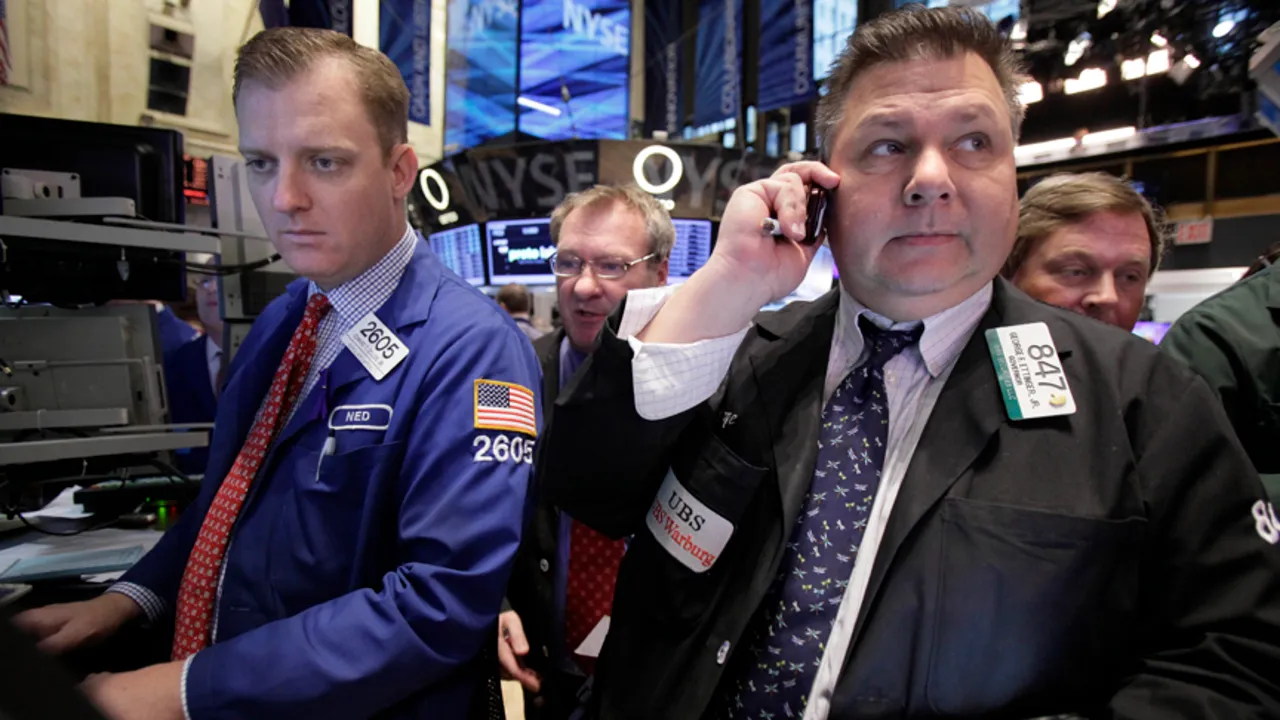Wall Street’s Tariff Plays Signal Skepticism Over Potential Refunds
Even if the US Supreme Court ultimately overturns Donald Trump’s broad package of tariffs, investors remain far from convinced that trades tied to government refunds will actually pay off. Several major Wall Street firms have struck agreements with importers that could qualify for reimbursement if the court rules the tariffs invalid a possibility that betting markets see as increasingly plausible after last week’s hearing. Yet despite the growing expectation of a favorable ruling, investors can still access these tariff-refund plays at surprisingly low prices.
This week, claims tied to various types of tariffs were quoted at roughly 10 to 25 cents on the dollar, according to people familiar with the transactions who asked not to be identified. That’s only a slight uptick from pre-hearing levels, highlighting persistent doubts about whether these wagers will ever truly yield a payout.
Funds such as King Street Capital Management, Anchorage Capital Advisors and Fulcrum Capital Holdings have been active buyers of these claims, the people said. Brokers helping to connect importers with investors include Seaport Global Holdings, Jefferies Financial Group and Oppenheimer & Co., as previously reported.
At the center of the case is the question of whether Trump had the legal authority to invoke the International Emergency Economic Powers Act to impose tariffs on imports from nearly every foreign partner. If the justices determine he exceeded his mandate, businesses could be entitled to full refunds. However, even in that scenario, processing the reimbursements could prove slow and cumbersome, with importers potentially needing to file individual refund claims for each affected shipment under the IEEPA rules.
During last week’s arguments, Justice Amy Coney Barrett raised concerns about the logistical burden of unwinding the tariffs and asked whether the court could invalidate them without requiring retroactive reimbursement. That possibility adds yet another layer of uncertainty, said Matthew Hamilton, co-founder of Fulcrum. Even if the justices rule that Trump overstepped, the outcome might not include actual refunds for duties already paid.
“It can take a very long time for companies to get their money back because of the sheer number of claimants, staffing limitations and other administrative hurdles,” Hamilton said. “There’s also the chance the Supreme Court tries to split the difference acknowledging that the executive branch went too far but declining to mandate refunds.”
Anchorage and King Street declined to comment, and Seaport didn’t respond to requests for comment.
Investor interest in trades tied to government action isn’t new, in part because their performance often moves independently of the broader market. A decade ago, Larry Robbins bet heavily on hospital stocks after the Supreme Court upheld the Affordable Care Act, helping make Glenview Capital one of 2013’s top-performing hedge funds.
Bill Ackman’s Pershing Square and other investors have spent years wagering that Fannie Mae and Freddie Mac would eventually be released from government conservatorship, unlocking massive gains for shareholders.
By comparison, the tariff-refund strategy is relatively small in scale for most hedge funds. While companies have collectively paid more than $100 billion in tariffs, each individual claim is unique, making it difficult to build large positions.
Importers legally retain ownership of the claims, but under these arrangements, they agree to pursue any refunds and pass along the proceeds to investors in exchange for the upfront purchase price, according to people familiar with the contracts. The legal complexity combined with long wait times even in the best-case scenario has been enough to keep some investors on the sidelines.
Outpost Capital Partners, a Connecticut-based firm that has previously traded billions of dollars’ worth of tariff-linked claims, has been contacting companies directly to gauge interest in selling all or part of their potential refunds, the people said. Some importers have grown more willing to engage especially after a September court decision that resolved a five-year dispute over earlier Trump-era tariffs and effectively eliminated hopes for reimbursement in that case. An Outpost representative declined to comment.
Others may be exploring refund sales as a way to ease financial pressure, which introduces another complication for investors: counterparty risk. If a company selling a claim were to file for bankruptcy before the refund is issued, investors could lose everything.
Oppenheimer disclosed that it had traded roughly $550 million in tariff-related claims through the end of October, according to a document reviewed. Those positions included potential claims tied to reciprocal tariffs as well as duties linked to measures targeting fentanyl trafficking. The latter category has seen the strongest price appreciation following the Supreme Court hearing.
The high court has agreed to fast-track the case and could deliver a ruling before year-end, setting the stage for one of the most unusual and closely watched market outcomes tied to US trade policy in years.

Subscribe to our newsletter!
As a leading independent research provider, TradeAlgo keeps you connected from anywhere.








